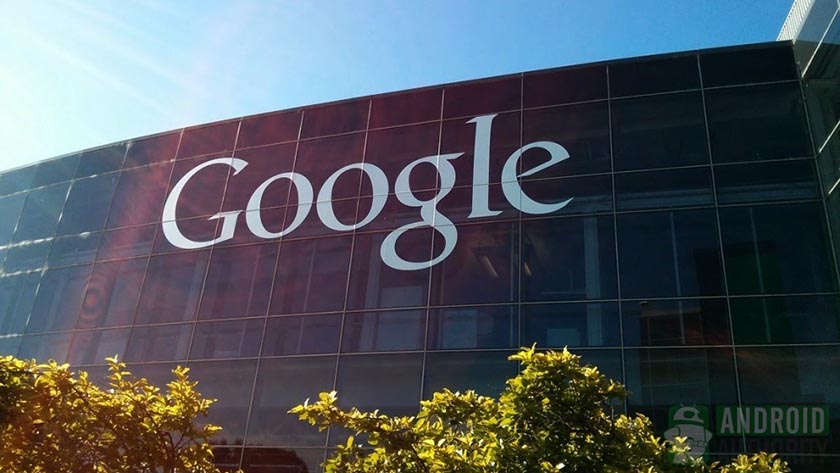Affiliate links on Android Authority may earn us a commission. Learn more.
Supreme Court rejects to hear Google's appeal in Oracle fight over Android

Back in 2010, Oracle took Google to court, arguing that the search giant violated its copyright by using Oracle’s Java technology in Android. Then in May 2012, it seemed as though Google would win the battle after the judge overlooking the case ruled that the Java APIs couldn’t be copyrighted. That may have seemed like a big win for Google, but as it turns out, Oracle was well on its way to winning the war. Two years after this news came to be, the ruling in Google’s favor was overturned by the U.S. Court of Appeals, allowing Oracle to get another shot at making Google pay for its alleged transgressions. In turn, Google made its way to the Supreme Court in hopes to appeal from the case and stop it once and for all.
Today we’re finally getting word from the Supreme Court on the matter, and unfortunately the results aren’t positive for Google. The Supreme Court has just rejected Google’s appeal from the case, which means that the Google-Oracle dispute will be moved back to a smaller appellate court to get the final say. The Supreme Court didn’t give comment on its decision to reject, but this news does come just one month after the Justice Department rushed to Oracle’s side claiming that APIs can, in fact, be copyrighted.
To be clear, this doesn’t mean Google lost the case, but it does mean that the company won’t get off the hook as easy as it expected to.
In a statement made regarding the high court’s decision, Google says that it will “continue to defend the interoperability that has fostered innovation and competition in the software industry.” Oracle shot back saying that the decision is a “win for innovation and for the technology industry that relies on copyright protection to fuel innovation.”